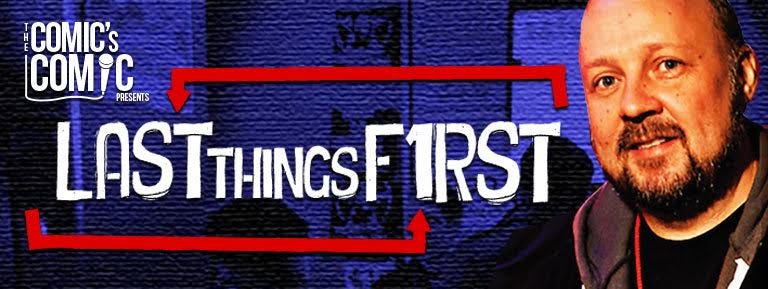Alice Fraser first studied law in Sydney, Australia, but found comedy and the Footlights while getting her Master’s degree in rhetoric at Cambridge, and honed her stand-up skills in New York City’s open mics and comedy clubs before returning to Australia as a comedian. You’ve likely heard Fraser’s voice before if you’re a fan of The Bugle. She also hosts a weekly spin-off podcast, The Gargle — and in the first year of the COVID pandemic, she wrote and performed a daily satirical news podcast, The Last Post, set in an alternate dimension. She’s also co-hosted best-selling documentary audiobooks on Audible, and her 2020 stand-up special, Savage, was released as an Amazon Original on Prime Video. Fraser sat down with me between shows in her 2022 Edinburgh Fringe run of her latest hour, Chronos. We had an enjoyable and educational discussion about the harsh economics of stand-up comedy, whether you’re taking your show to the Fringe or just trying to pay the bills and support a family.
Want to discover other cool Substacks? Each morning, The Sample sends you one article from a random blog or newsletter that matches up with your interests. When you get one you like, you can subscribe to the writer with one click. Sign up here.
If you’re not already subscribed to my podcast, please seek it out and subscribe to Last Things First on the podcast platform of your choice! Among them: Apple Podcasts; Spotify; Stitcher; Amazon Music/Audible; iHeartRadio; Player.FM; and my original hosting platform, Libsyn.
And if you’d prefer to see Piffany on an app, Substack provides that for you now, too:
If you’d like to read the condensed transcript of our conversation below, please consider upgrading to a paid subscription!
So when I saw your show, I don't know if you've been mentioning this every night, but the show I attended, you were fairly open about the economics of stand-up comedy.
Yes.
And it's one of those things. I suppose it can be said across industries. People don't generally want to share their revenues or their expenses.
No. And I think that is part of a system that is designed to make sure that people keep making not enough money. The idea that it is shameful to talk about being underpaid for things — that it’s embarrassing to not make enough money — that you need to front and pretend you're doing better than you are doing. You know, this idea that understandably, you know, success breeds success. So if you present the appearance of success, it might attract more success. That's a religious belief. That's fucking putting out biscuits for the Gods, so they give you more stuff. That's not true. The truth is, if you talk about how much you make, then you can get together and go, ‘Hey, fuck it, none of us are going to work for less than x.’ Like that's the actual truth. So, for me, I think it's important to talk about when you're being underpaid. And when it's worth being underpaid. Like, I'm doing this for the exposure, and I think it'll give me an opportunity and it's worth it for me in this instance, but it is desperately underpaying me for the amount of work that I'm doing. Just be honest about it. I mean, that's a thing that I believe.
And that's one of the things I told you before I turned the microphones on. I'm here and brought for my first Fringe and I'm only staying for 10 days. And that's all boiled down to economics. I couldn't afford to stay here for a month. And it was only when I got here that I realized, oh!
No one can.
No one can, and that's actually a thing that's being hotly talked about.





